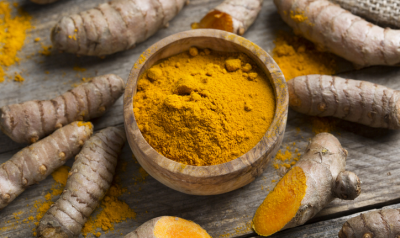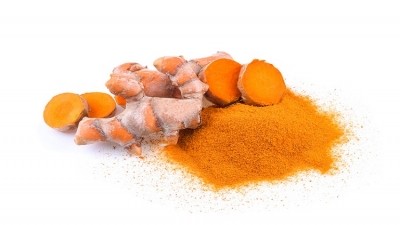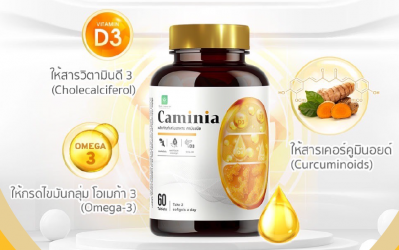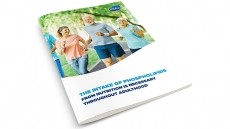Curcumin and liver injury risk: Australia trade body stresses that correlation does not imply causation
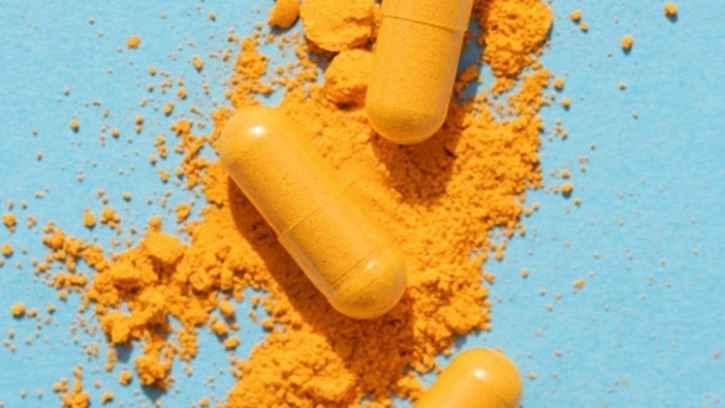
The Therapeutic Goods Administration (TGA) recently released a safety advisory to warn consumers and health professionals that medicines and herbal supplements containing Curcuma longa (turmeric) and / or curcumin may cause liver injury in rare cases.
The risk also relates to other ingredients from the Curcuma species as they contain naturally occurring curcumin, including Curcuma aromatica, Curcuma zanthorrhiza and Curcuma zedoaria.
Several Australian local media outlets reported on the safety advisory and highlighted a case of fatality stated in the statement.
Dietary supplement association CMA has in response said that TGA’s warning was based on cases that suggested a correlation – and not causation – between liver problems and consumption of turmeric and curcumin.
“The fatality mentioned in the articles in 2020 refers to an 82-year-old male – it is not clear that the supplement was the cause of death as he was also taking Naproxen. Naproxen is a Non-Steroidal Anti-Inflammatory Drug (NSAID).
“NSAIDs, including naproxen, have been reported to induce liver injury, including severe fulminant hepatic (liver) failure. The article's phrasing falsely suggests a broader and more severe situation than the TGA's statement implies,” said CMA.
Eighteen reports on liver injury associated to turmeric or curcumin intake have been reported in TGA’s safety advisory.
The regulator told NutraIngredients-Asia that the 18 reports were received between September 2002 and June 29 this year.
The most recent report was entered into its Database of Adverse Event Notifications (DAEN) on 15 November 2022. It involved a 38-year-old woman who experienced abnormal liver function tests after taking a listed medicine containing milk thistle, fennel seed, and turmeric.
Of the 18 cases, nine had enough information to suggest a liver injury that may have been caused by turmeric or curcumin, said the TGA.
In four of these cases, there were no other ingredients that were likely to have contributed to the liver injury, but one of these cases had a fatal outcome.
The remaining five cases involved products that contained other ingredients that may have contributed to liver injury, said the TGA.
It said that there was not enough information at this point to make a conclusion on curcumin, turmeric intake and liver injury risk.
However, the risk may be higher for products with enhanced absorption or bioavailability and/or higher doses. Individuals with existing or previous liver problems may also be more likely to develop rare adverse response.
CMA echoed that conclusions on turmeric, curcumin use, and liver injury risk should only be made after comprehensive scientific investigation.
“The TGA's statement indicates that there might be a risk in specific cases, such as consuming products with enhanced absorption, bioavailability, or higher doses.
“Only after a comprehensive scientific investigation is completed can conclusions be made; it is premature to definitively claim that turmeric or curcumin directly caused the reported liver injuries,” it said.
Curcumin, turmeric health uses
Curcuma longa (turmeric) has been used for its potential to support liver health based on India’s ayurvedic medicine system for centuries.
Curcumin is the active compound of turmeric. It has been studied or consumed for its benefits on reducing the body mass index (BMI) and supporting immunity.
“Turmeric's use in Ayurvedic medicine to protect liver health is based on its active compound, curcumin, which is believed to possess several beneficial properties, including anti-inflammatory, antioxidant, enhancement of bile flow, detoxification and regulation of liver enzymes,” said CMA.
In addition, it said that healthcare practitioners should always investigate general liver symptoms resulting from various health conditions, prescriptions, OTC or other medications instead of assuming turmeric, curcumin consumption as the cause.
Public consultation
The TGA is collecting public feedback on its proposal to add warning statement to all listed oral medicines containing curcumin.
The statement is ‘In rare cases, Curcuma species may harm the liver. Stop use and see a doctor if you have yellowing skin/eyes or unusual: fatigue, nausea, appetite loss, abdominal pain, dark urine, or itching.’
It could also applied to products containing Curcuma longa, Curcuma aromatica, Curcuma zanthorrhiza and/or Curcuma zedoaria.
The TGA has also proposed maximum daily dose of curcumin for children, such as 36mg for children from two to three years old, 48mg for four to 11 years old, and 123mg for 12 to 17 years old.
Curcumin would not be permitted for use in children below two years old based on the proposal.
“This proposed regulatory action is not solely based on adverse event reports received by the TGA, but also takes into consideration all available information, including published scientific literature, overseas reports associated with these ingredients, as well as regulatory action taken by regulatory authorities in other countries,” it said.
The consultation will end on September 14.
